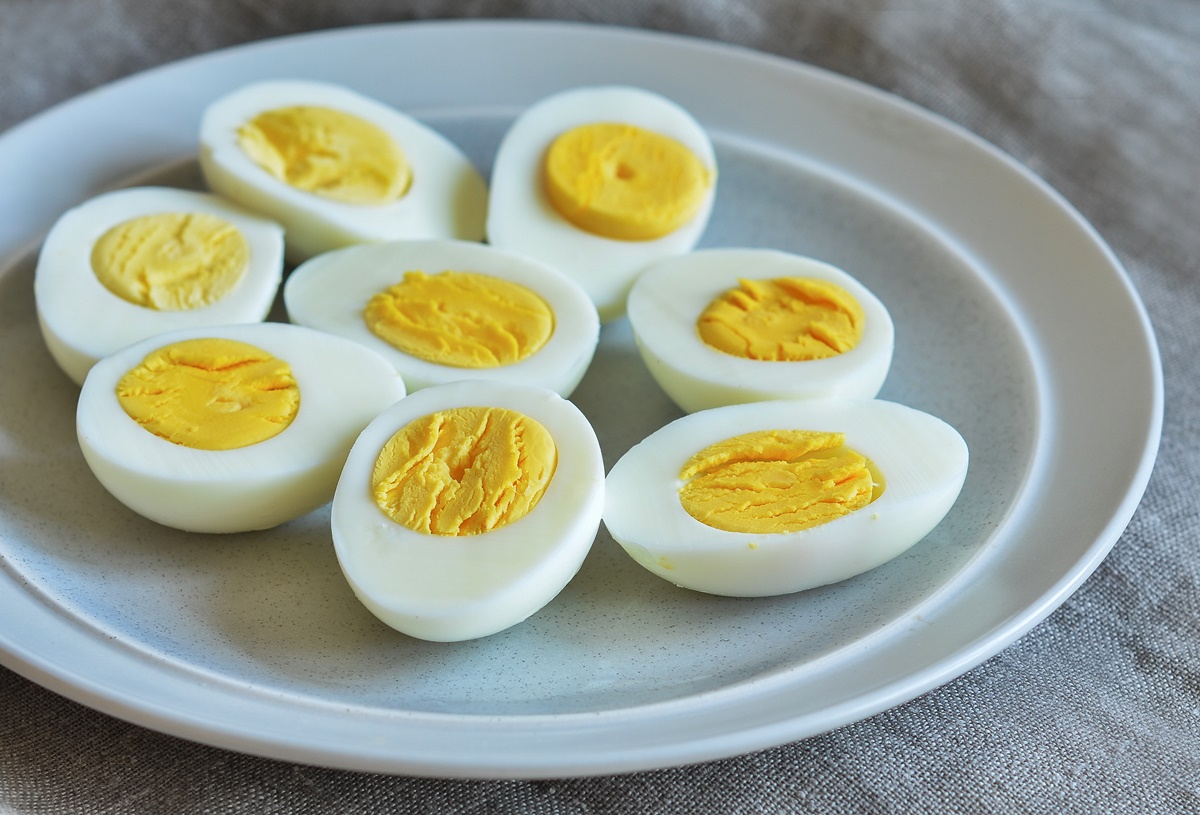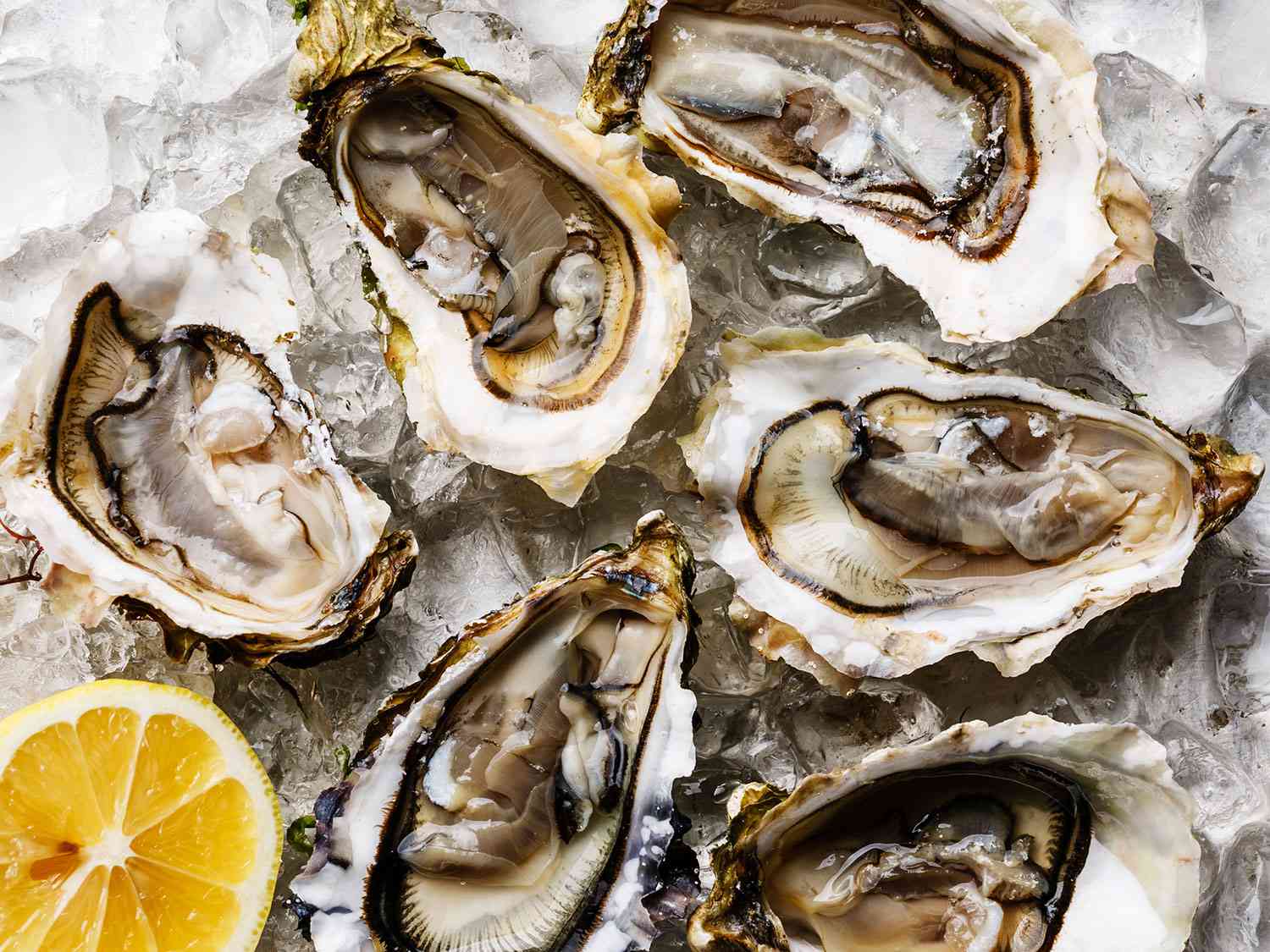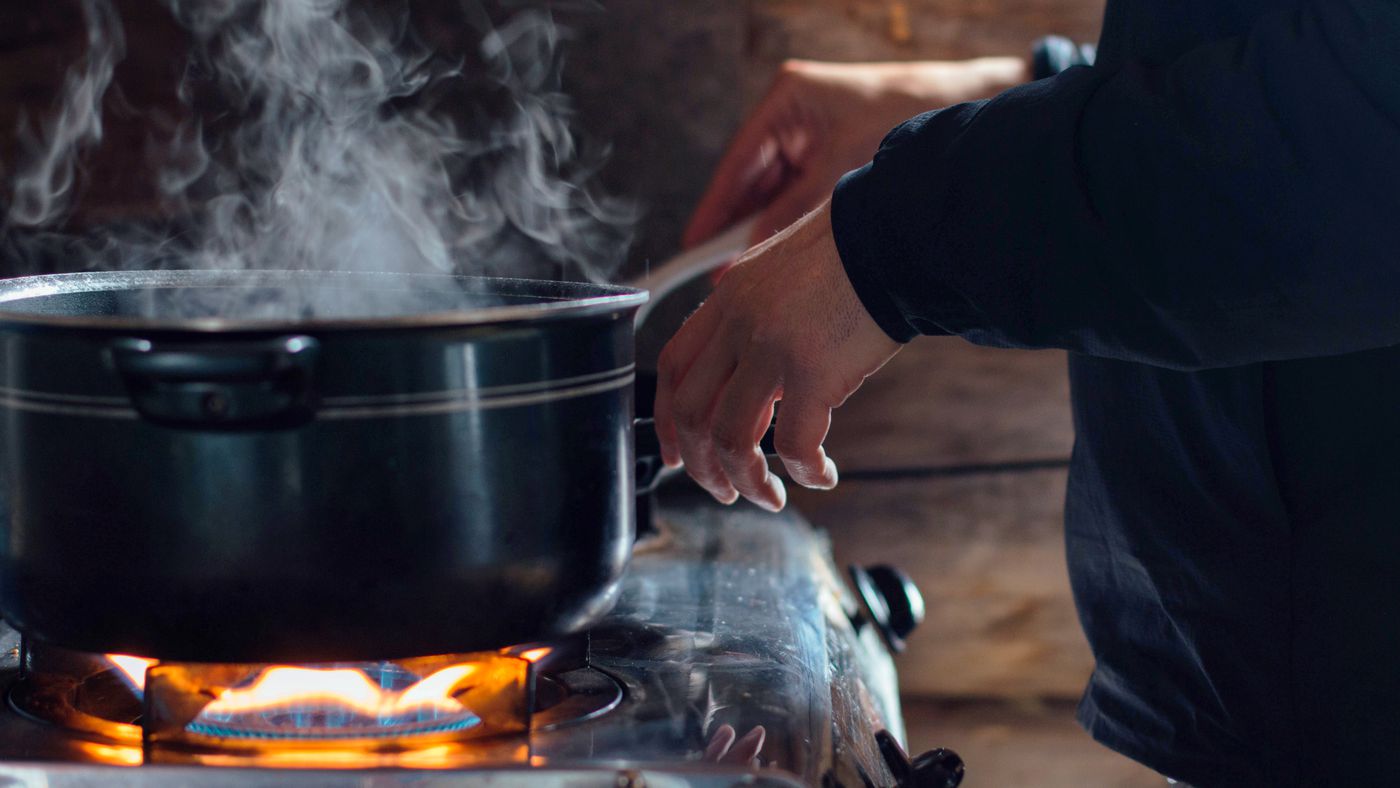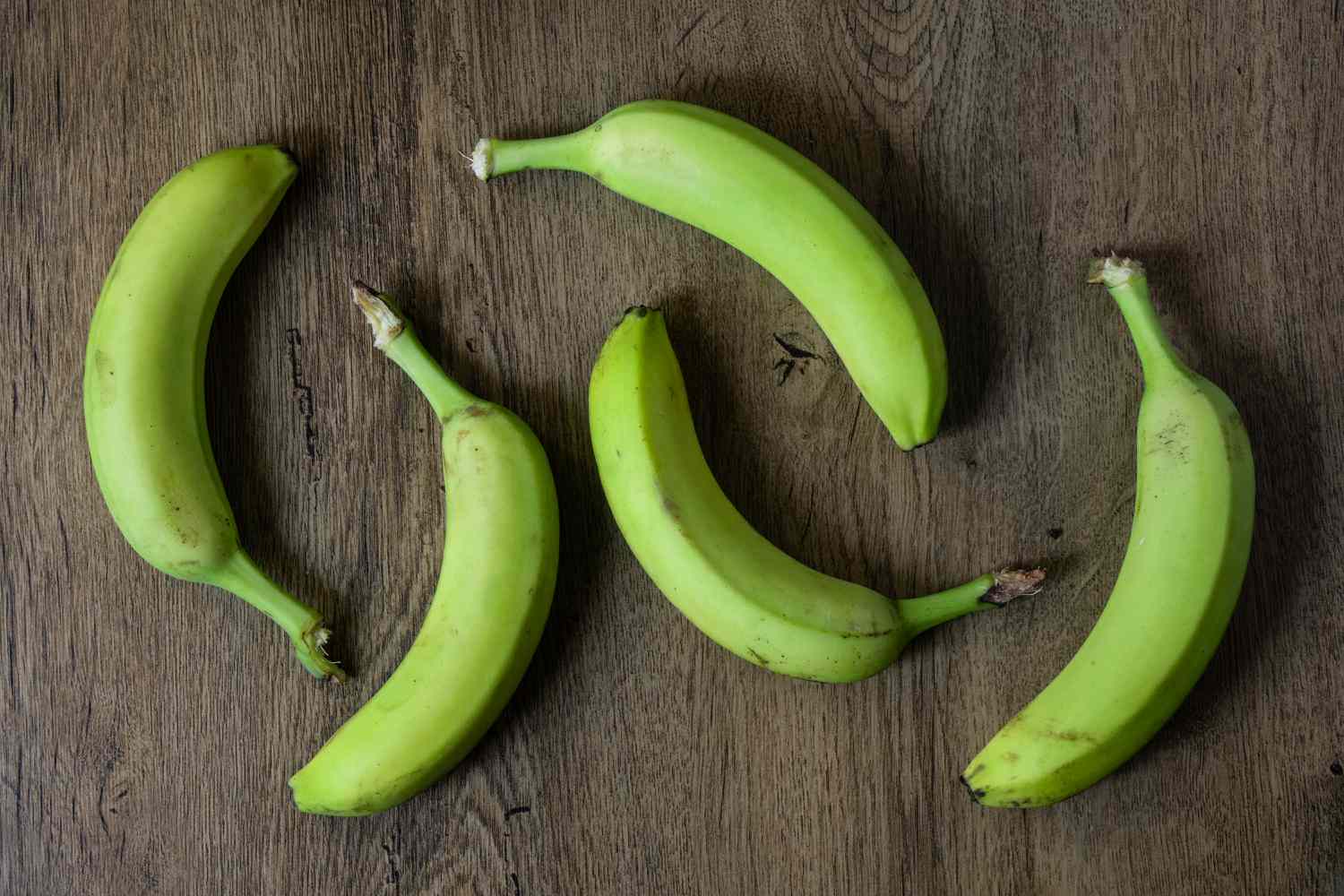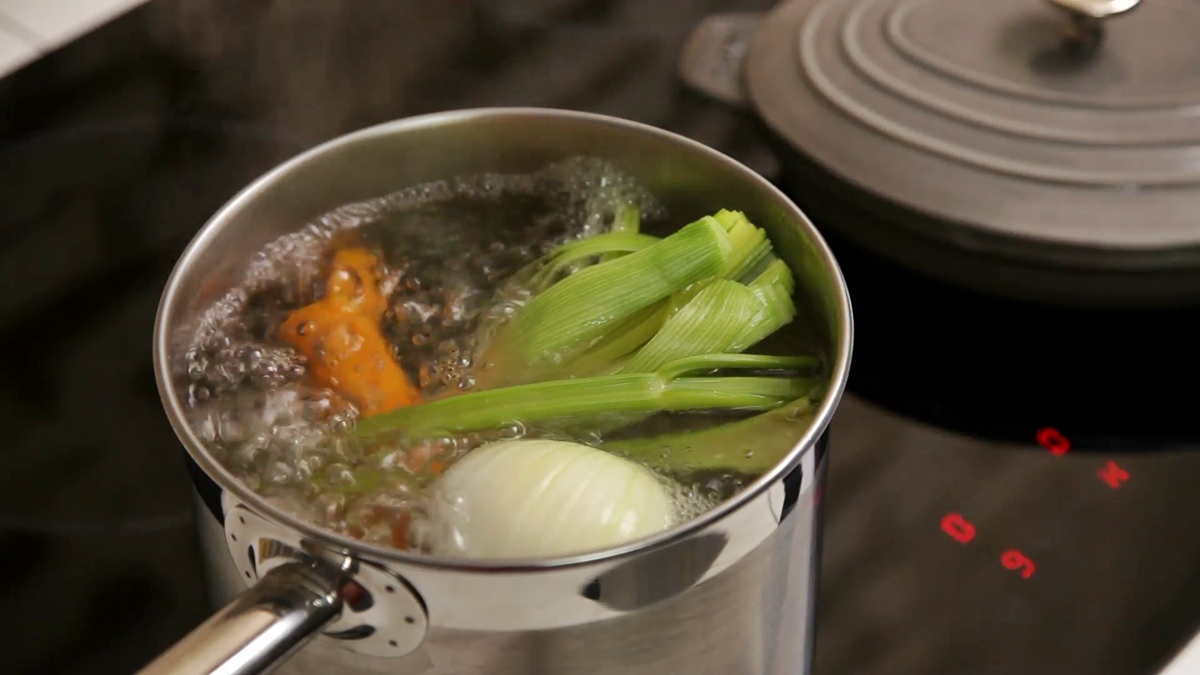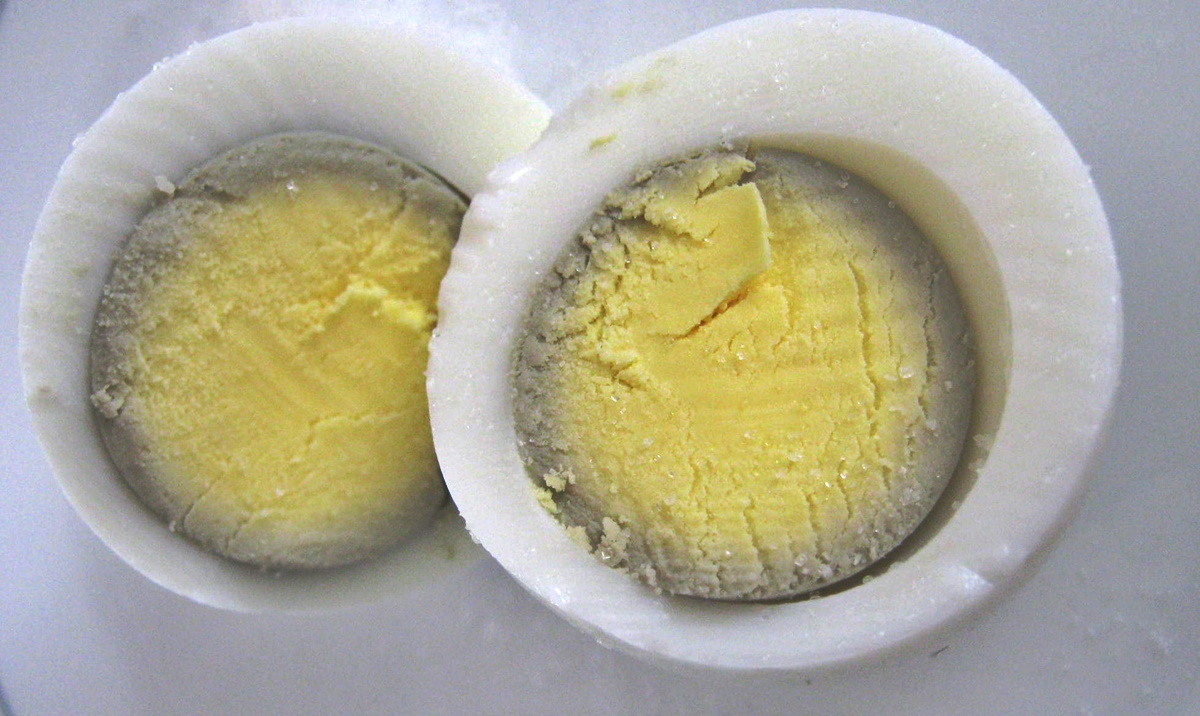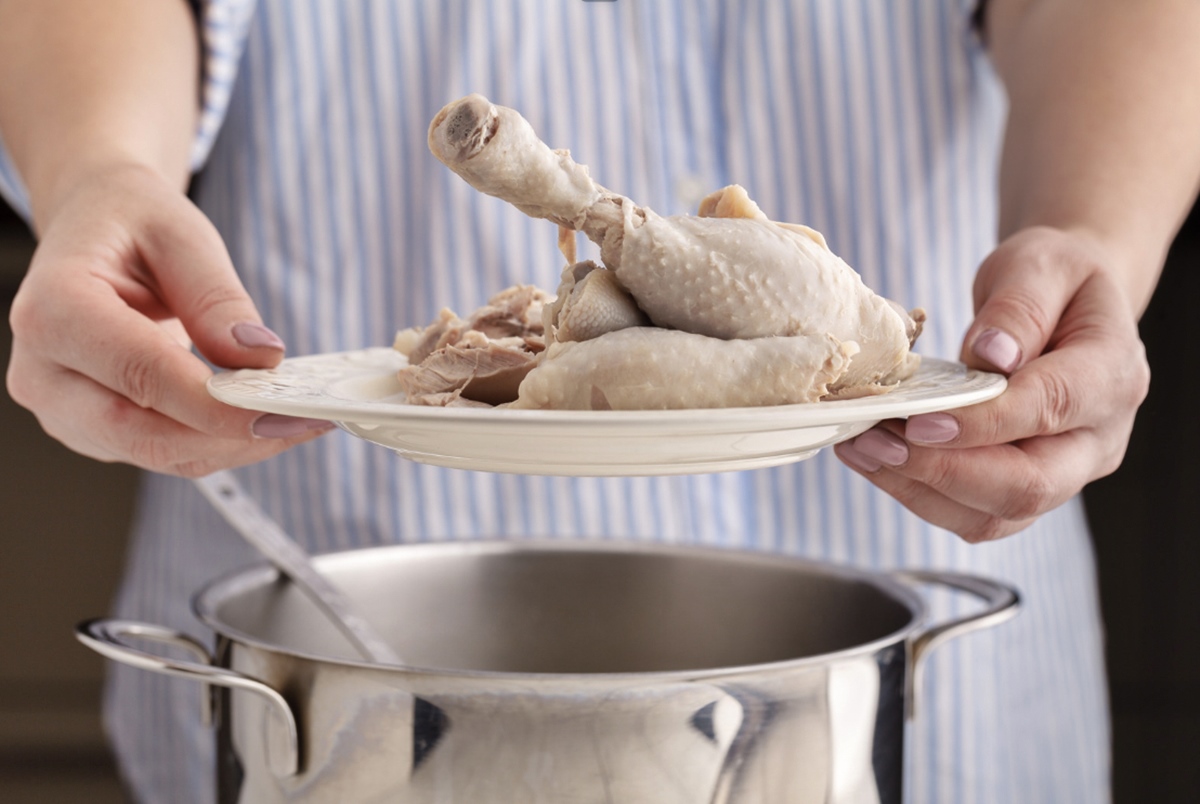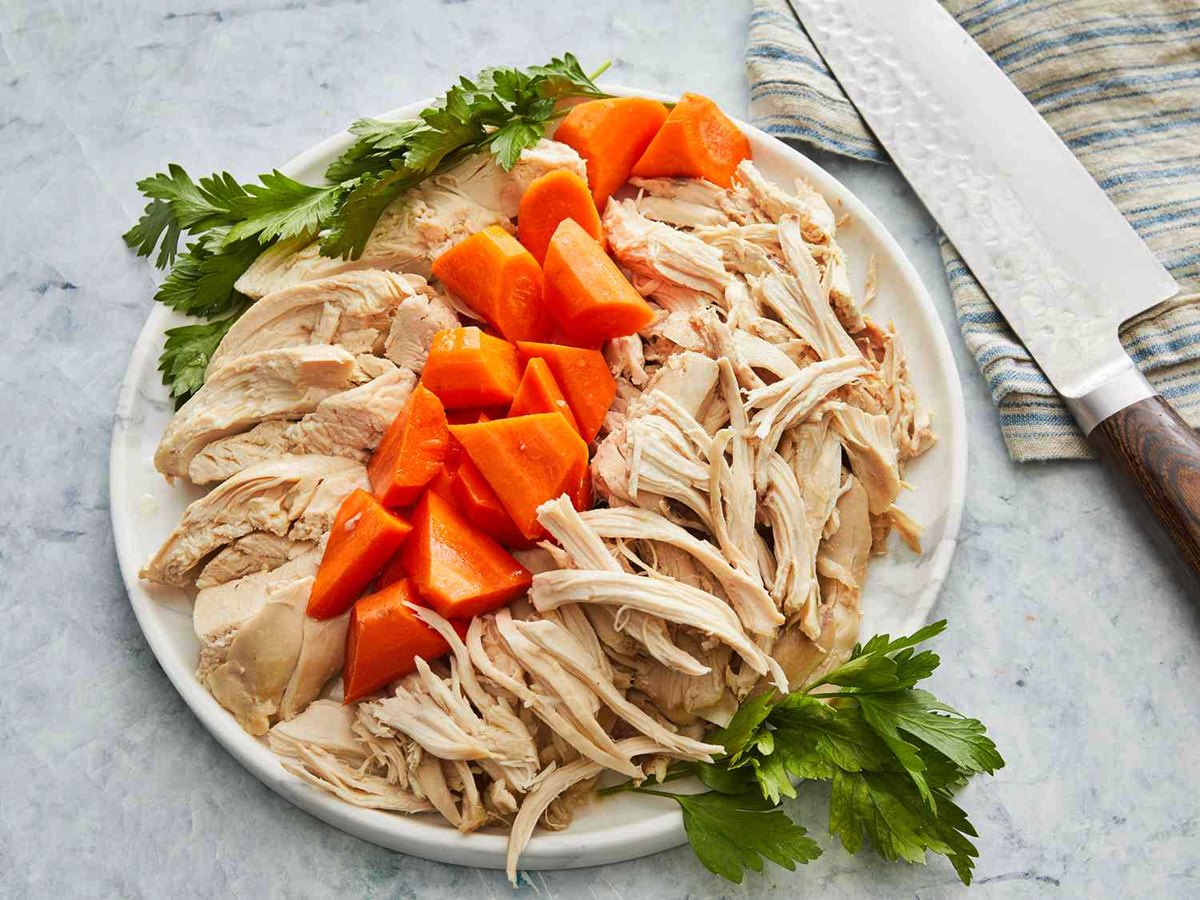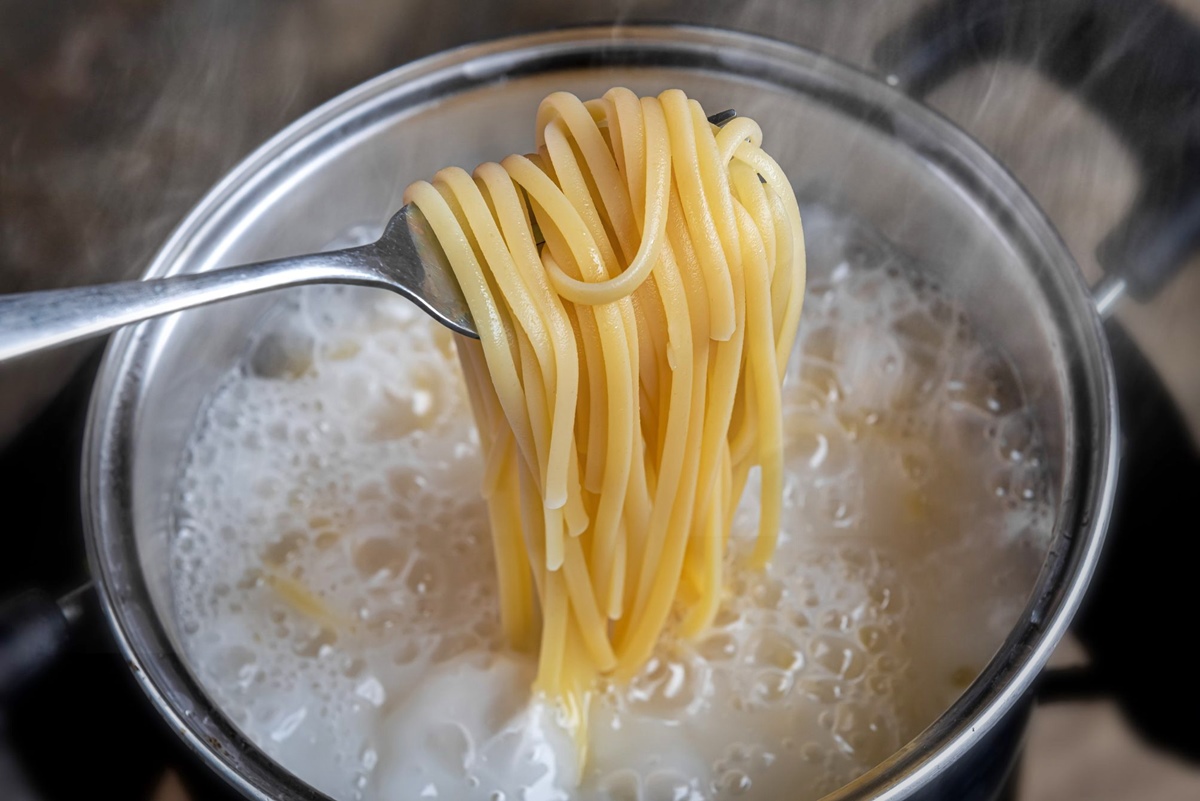How To Boil Eggs Vinegar
Boiling eggs is a kitchen task that many of us have mastered. But have you ever considered adding vinegar to the boiling water? This simple twist can elevate your boiled eggs to a whole new level of deliciousness. In this article, we will guide you through the process of boiling eggs with vinegar and share some tips to achieve perfectly cooked eggs every time.
Why Add Vinegar?
You might be wondering, why bother adding vinegar to the water when boiling eggs? Well, it turns out that vinegar can offer several benefits:
- Preventing Cracks: Adding vinegar to the water can help prevent eggs from cracking during boiling. The acidity of vinegar strengthens the eggshell and reduces the chances of breakage.
- Easy Peel: Boiled eggs cooked with vinegar tend to have an easier-to-peel shell. The vinegar helps to break down the proteins in the egg white, making it less likely to stick to the shell.
- Enhanced Flavor: While vinegar itself may not add a prominent flavor to the eggs, it can enhance the overall taste. It adds a subtle tanginess that complements the natural richness of eggs.
Step-by-Step Guide
Now that you understand the advantages of boiling eggs with vinegar, let’s dive into the step-by-step process:
- Ingredients: Gather your fresh eggs, vinegar, and a pot.
- Measure: Fill the pot with enough water to cover the eggs completely.
- Add Vinegar: For every quart of water, add about two tablespoons of vinegar. You can use white vinegar or any vinegar of your choice.
- Boil: Place the pot on the stove and bring the water to a rolling boil.
- Lower Eggs: Using a spoon or tongs, gently lower the eggs into the boiling water. Be careful not to drop them, as they may crack.
- Set Timer: Once all the eggs are in the pot, set a timer based on your desired level of doneness. For soft-boiled eggs, cook for 4-6 minutes. For medium-boiled, 7-9 minutes. And for hard-boiled, 10-12 minutes.
- Cool & Peel: After the desired cooking time, carefully remove the eggs from the pot using a spoon or tongs and transfer them to an ice bath for a few minutes. This will cool them down and facilitate easier peeling.
- Enjoy: Once the eggs have cooled, gently tap them on a hard surface and peel. Your perfectly boiled eggs with a touch of vinegar are now ready to be enjoyed!
Additional Tips
To achieve the best results when boiling eggs with vinegar, keep these additional tips in mind:
- Use fresh eggs for better taste and easier peeling.
- If you prefer a stronger vinegar flavor, you can increase the amount of vinegar added to the water.
- Allow the eggs to come to room temperature before boiling for more even cooking.
- Avoid overcrowding the pot to ensure the eggs cook evenly.
- Use a timer to avoid overcooking the eggs and getting a grayish-green yolk.
Now that you know how to boil eggs with vinegar, it’s time to put this method to the test. Trust us, the extra effort will be worth it when you bite into those perfectly cooked and easily-peeled eggs. Get creative and experiment with different types of vinegar to add unique flavors to your boiled eggs. Enjoy!
Was this page helpful?
Read Next: How To Boil Thin Chicken Breast
Abby Marcelino
Abby is a writer, editor, and a fan of ASMR mukbang and cooking videos. Her family has been in the food industry for years and she has been working for their business as a part-time quality assurance officer and content creator. She is addicted to all things dairy and carbs, most especially cheese and bread.
